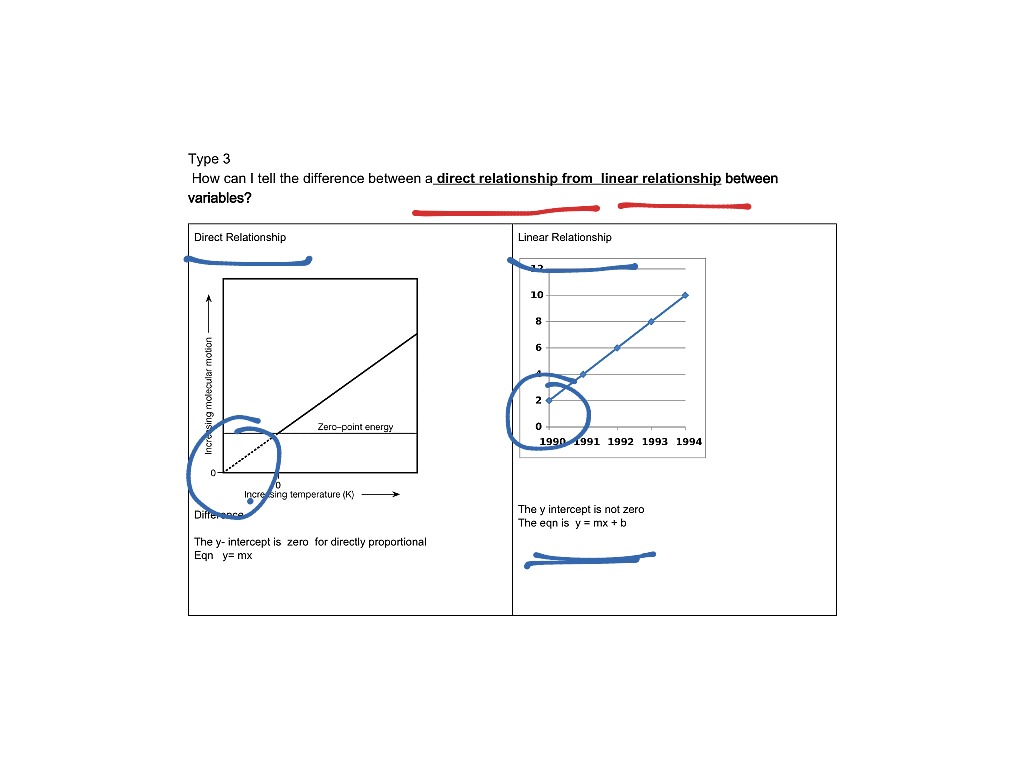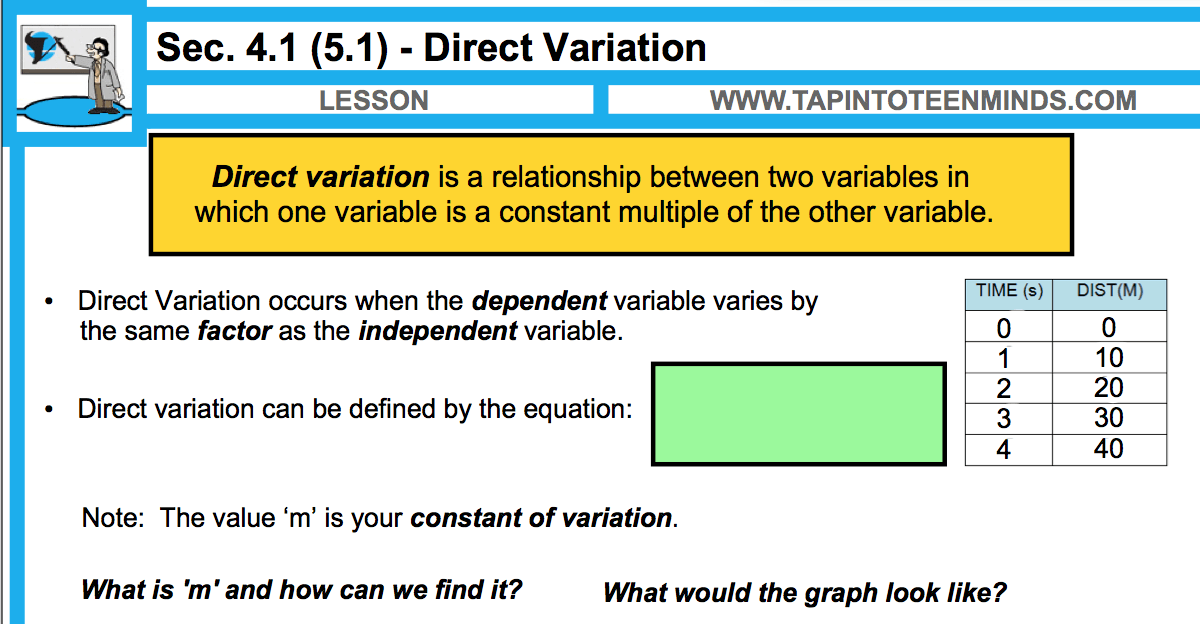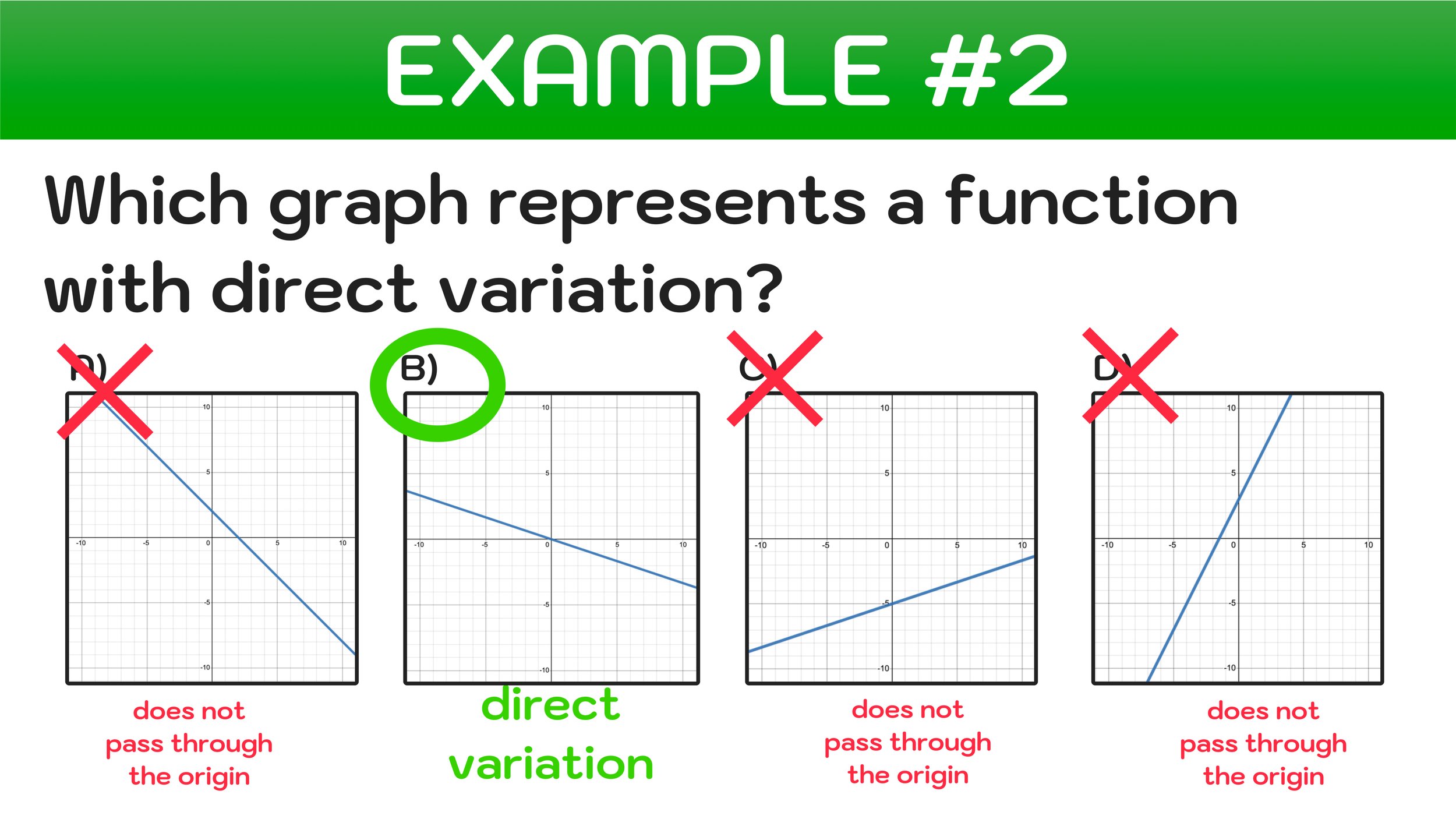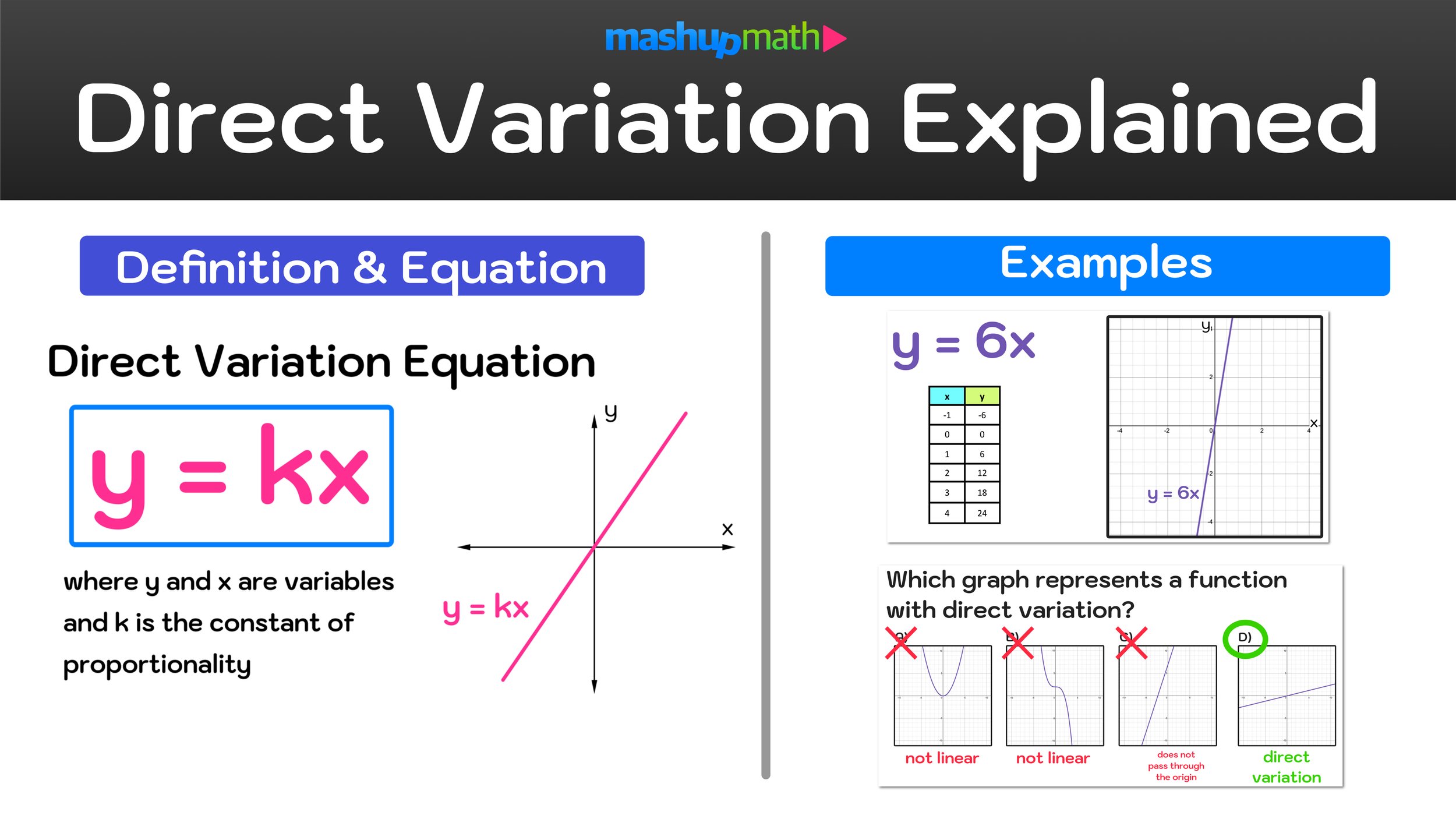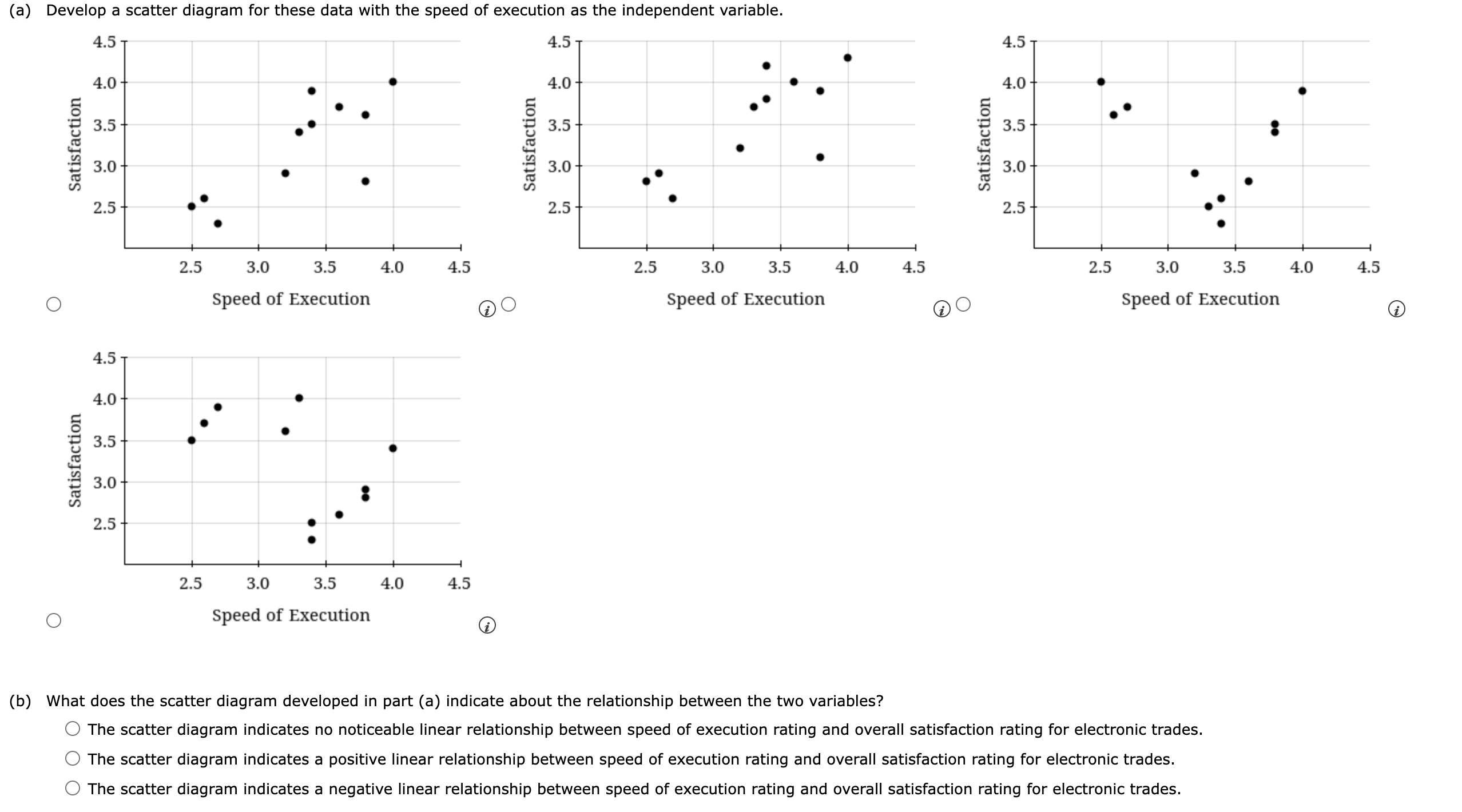Direct Linear Relationship - A linear relationship refers to a direct, proportional connection between two variables, where one variable changes at a constant rate. Learn the definitions of linear and direct relationships. A direct relationship, also known as a positive correlation, occurs when two variables move in the same direction. What is a direct relationship? How is it known if there is a linear relationship? In other words, as one variable. Explore the differences of each type of relationship by seeing examples of graphs and. In short, direct relationships increase or decrease together, but inverse relationships move in opposite directions. A linear relationship is shown by the equation y= mx + b. In a direct relationship, an.
In other words, as one variable. A linear relationship refers to a direct, proportional connection between two variables, where one variable changes at a constant rate. Explore the differences of each type of relationship by seeing examples of graphs and. A linear relationship is shown by the equation y= mx + b. What is a direct relationship? In a direct relationship, an. How is it known if there is a linear relationship? Learn the definitions of linear and direct relationships. In short, direct relationships increase or decrease together, but inverse relationships move in opposite directions. A direct relationship, also known as a positive correlation, occurs when two variables move in the same direction.
In other words, as one variable. Learn the definitions of linear and direct relationships. In short, direct relationships increase or decrease together, but inverse relationships move in opposite directions. How is it known if there is a linear relationship? What is a direct relationship? Explore the differences of each type of relationship by seeing examples of graphs and. A linear relationship is shown by the equation y= mx + b. A direct relationship, also known as a positive correlation, occurs when two variables move in the same direction. In a direct relationship, an. A linear relationship refers to a direct, proportional connection between two variables, where one variable changes at a constant rate.
Linear & Direct Relationships Video & Lesson Transcript
In a direct relationship, an. Explore the differences of each type of relationship by seeing examples of graphs and. In short, direct relationships increase or decrease together, but inverse relationships move in opposite directions. What is a direct relationship? Learn the definitions of linear and direct relationships.
Direct relationship and linear relationship Science, Physics
A linear relationship refers to a direct, proportional connection between two variables, where one variable changes at a constant rate. A direct relationship, also known as a positive correlation, occurs when two variables move in the same direction. What is a direct relationship? Learn the definitions of linear and direct relationships. How is it known if there is a linear.
Which linear relationship can be described as a function with direct
In short, direct relationships increase or decrease together, but inverse relationships move in opposite directions. Explore the differences of each type of relationship by seeing examples of graphs and. How is it known if there is a linear relationship? A linear relationship refers to a direct, proportional connection between two variables, where one variable changes at a constant rate. A.
Which linear relationship can be described as a function with direct
In other words, as one variable. Learn the definitions of linear and direct relationships. A linear relationship refers to a direct, proportional connection between two variables, where one variable changes at a constant rate. A direct relationship, also known as a positive correlation, occurs when two variables move in the same direction. In short, direct relationships increase or decrease together,.
4.1 Direct Variation Linear Equations MPM1D Grade 9 Academic Math
A direct relationship, also known as a positive correlation, occurs when two variables move in the same direction. How is it known if there is a linear relationship? In other words, as one variable. In short, direct relationships increase or decrease together, but inverse relationships move in opposite directions. Explore the differences of each type of relationship by seeing examples.
Direct Variation Linear Relationship YouTube
In short, direct relationships increase or decrease together, but inverse relationships move in opposite directions. How is it known if there is a linear relationship? Explore the differences of each type of relationship by seeing examples of graphs and. What is a direct relationship? In other words, as one variable.
Direct Variation Explained—Definition, Equation, Examples, 50 OFF
How is it known if there is a linear relationship? A linear relationship is shown by the equation y= mx + b. In short, direct relationships increase or decrease together, but inverse relationships move in opposite directions. What is a direct relationship? Explore the differences of each type of relationship by seeing examples of graphs and.
Direct Variation Explained—Definition, Equation, Examples — Mashup Math
How is it known if there is a linear relationship? What is a direct relationship? A direct relationship, also known as a positive correlation, occurs when two variables move in the same direction. A linear relationship is shown by the equation y= mx + b. A linear relationship refers to a direct, proportional connection between two variables, where one variable.
Solved (b) What does the scatter diagram developed in part
In a direct relationship, an. How is it known if there is a linear relationship? What is a direct relationship? A direct relationship, also known as a positive correlation, occurs when two variables move in the same direction. Explore the differences of each type of relationship by seeing examples of graphs and.
Conceptual framework showing direct relationships Download Scientific
In other words, as one variable. A linear relationship refers to a direct, proportional connection between two variables, where one variable changes at a constant rate. Explore the differences of each type of relationship by seeing examples of graphs and. A direct relationship, also known as a positive correlation, occurs when two variables move in the same direction. Learn the.
What Is A Direct Relationship?
Learn the definitions of linear and direct relationships. A linear relationship is shown by the equation y= mx + b. In other words, as one variable. A linear relationship refers to a direct, proportional connection between two variables, where one variable changes at a constant rate.
Explore The Differences Of Each Type Of Relationship By Seeing Examples Of Graphs And.
In short, direct relationships increase or decrease together, but inverse relationships move in opposite directions. In a direct relationship, an. A direct relationship, also known as a positive correlation, occurs when two variables move in the same direction. How is it known if there is a linear relationship?

